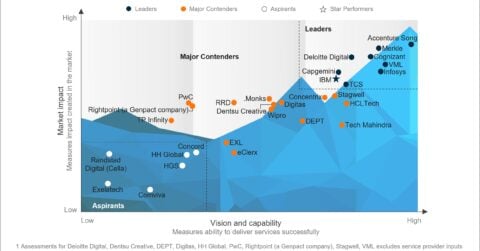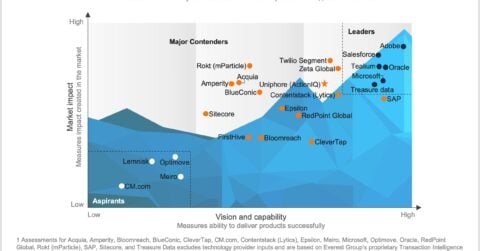Reimagine growth at Elevate – Dallas 2025. See the Agenda.
Filter
Displaying 1-10 of 41
Commercial Excellence in Life Sciences: Why Enterprises are Choosing Specialist Providers | Webinar
July 29, 2025
7:00 a.m. PDT | 9:00 a.m. CDT | 10:00 a.m. EDT | 3:00 p.m. BST | 7:30 p.m. IST
Webinar
1 hour
Reshaping the Software Industry: The Rise of Systems of Action | Webinar
On-Demand Webinar
1 hour










